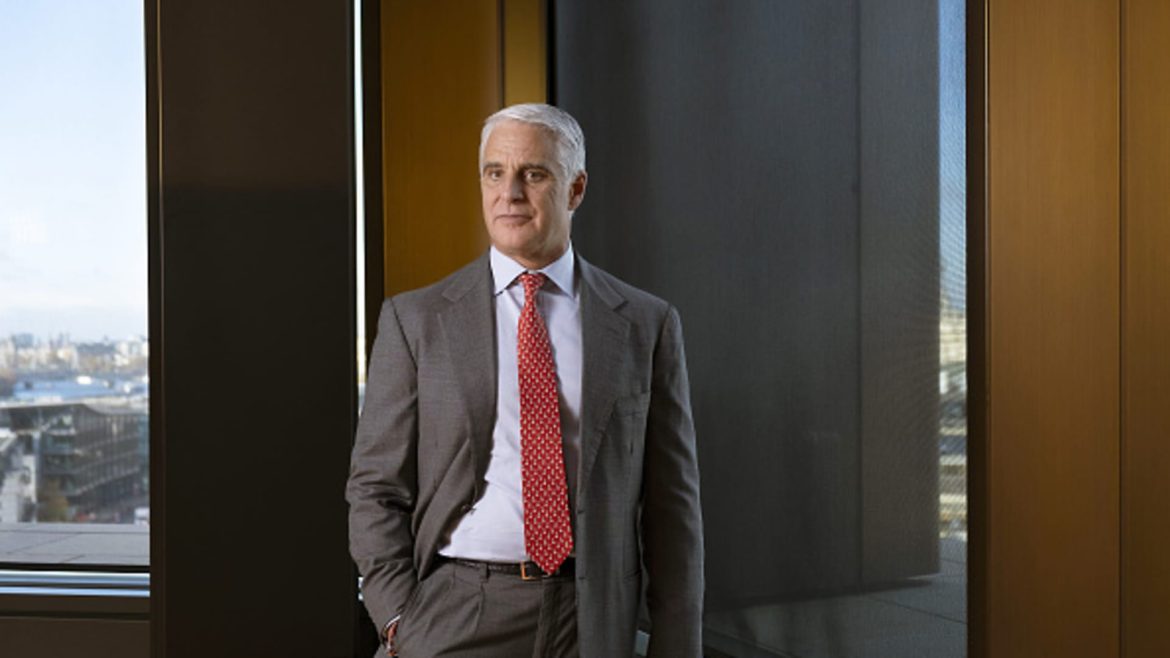The ongoing discussions between UniCredit and Commerzbank have gripped European banking circles, with the potential for a transformative merger under close scrutiny. The latest developments and executive commentary illuminate the delicate and complex nature of this prospective union.
The Current Landscape: UniCredit’s Stake and Interest
UniCredit, Italy’s second-largest bank, has built a significant 28% stake in Germany’s Commerzbank, signaling clear intent toward a potentially closer business relationship or outright merger. The move positions UniCredit to consolidate its presence substantially in the fragmented European banking sector, aiming for greater market share and operational synergy.
Despite this strategic positioning, UniCredit’s Chief Executive Officer, Andrea Orcel, has publicly underscored a major stumbling block — the current price valuation of Commerzbank shares. Orcel’s remarks repeatedly emphasize that at present market levels, Commerzbank’s shares are “too expensive” or “too far beyond the fundamentals” to justify a full takeover. This pricing gap stands as a formidable barrier against a swift acquisition.
Share Price Dynamics: Too High to Proceed
Commerzbank’s shares have experienced a robust rise, significantly outpacing what UniCredit’s leadership considers justified by the bank’s fundamental performance metrics. Orcel’s statements clarify that paying at this heightened share price would not create sufficient value for UniCredit’s investors. The premium required for a merger bid would be prohibitive.
This scenario reflects broader post-pandemic fiscal and monetary influences on European banks, including government interventions and market speculation, contributing to share price inflation. Notably, the German government reduced its stake in Commerzbank but sold part of it to UniCredit, indirectly influencing the shares’ market dynamics.
Strategic Patience and Constructive Solutions
The UniCredit CEO’s tone reflects cautious pragmatism rather than urgent acquisition ambition. He stresses that UniCredit is “far away” from making a merger bid and indicates a preference to pursue what he calls a “constructive solution” with Commerzbank. This likely refers to exploring alternative cooperation frameworks, strategic partnerships, or partial acquisitions that can deliver value without the risks and costs of a full consolidation at current valuations.
Moreover, Orcel has hinted the decision to move forward could be delayed as far as 2027. This extended timeline underscores the careful calibration needed, especially considering regulatory complexities, varying stakeholder interests, and external economic conditions affecting valuations.
Market Implications and Future Outlook
The potential merger between UniCredit and Commerzbank exemplifies the broader trend of consolidation in the European banking sector. The goal is to create entities large and efficient enough to compete globally and handle increasing regulatory and technological demands.
However, the tension between strategic ambition and market realities is palpable. While ownership stakes and capital movements suggest UniCredit’s long-term vision of control or influence over Commerzbank, the share price valuation—reflecting investor sentiment and market mechanics—compels caution.
UniCredit’s approach emphasizes value creation for its shareholders first and foremost, signaling that any merger or acquisition must deliver tangible benefits and not merely symbolic expansion.
Conclusion: Navigating Complexity with Measured Strategy
The UniCredit-Commerzbank story is far from a straightforward merger narrative. It highlights the challenges of balancing opportunity against financial prudence in a sensitive, highly regulated industry. Orcel’s insistence on share price realism and a measured timeline reflects a matured strategic perspective—one that values sustainable growth over hasty decisions.
This stance leaves the door open for future discussions, possibly encompassing phased deals or innovative partnerships, while reinforcing that current market conditions dictate careful, deliberate moves. The European banking landscape watches closely, recognizing that such a consolidation, if it occurs, could recalibrate competitive dynamics across the continent.
In essence, the UniCredit-Commerzbank saga offers a compelling case study of how valuation, governance, and strategic vision intersect to shape the future of finance in Europe.





